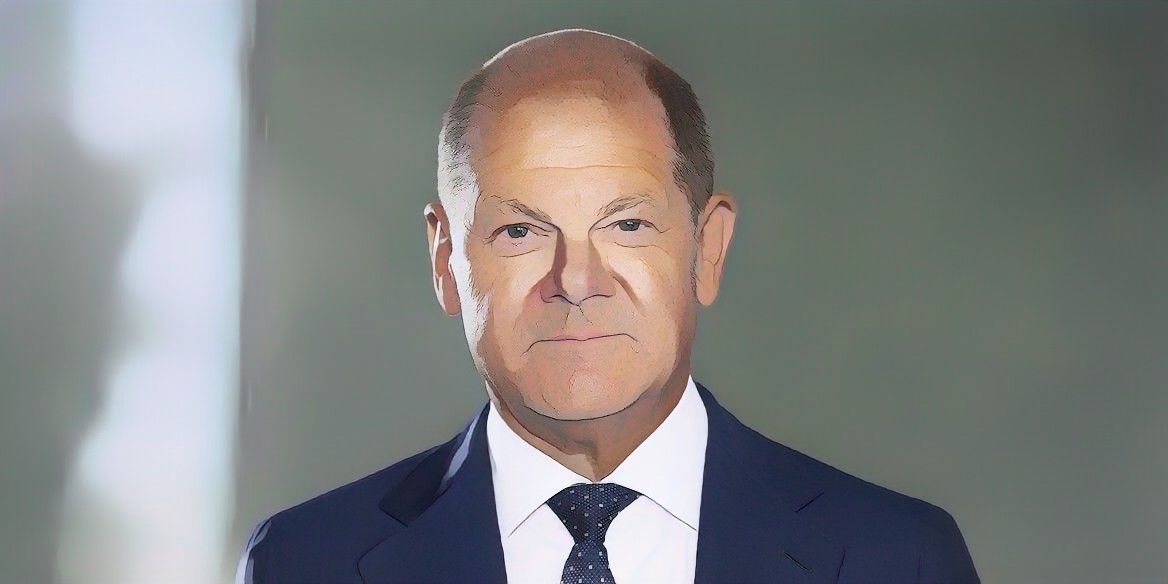Germany Seeks Cooperation and Eases Tensions with China: A High-Level Summit in June

Lede: Germany's Chancellor Olaf Scholz aims to hold high-level discussions with China in June, focusing on enhancing economic ties, addressing climate change, easing tensions over Taiwan, and addressing China's perceived support for Russia's actions in Ukraine.
What we know:
- Scholz and key Cabinet ministers plan to meet with Chinese officials, led by Premier Li Qiang, for bilateral government consultations in Berlin on June 20.
- These talks would precede the EU leaders' summit on June 29-30, where EU-China relations will be a main topic.
- Scholz's invitation aims to maintain open political dialogue amid deteriorating Europe-China relations.
- The talks will cover sensitive issues such as restricted market access for European companies, human rights abuses, and the situation in Taiwan.
The Background: Germany is working to deter China from escalating tensions over Taiwan, a situation Foreign Minister Annalena Baerbock has called a "horror scenario." The country also seeks to encourage China to withdraw its indirect support for Russia's war in Ukraine. As Germany grapples with the consequences of overdependence on Russian energy, it is determined to reduce its dependence on China. Despite viewing Beijing as an adversary in some respects, Chancellor Scholz opposes decoupling from China, which is Germany's most significant trade partner and a critical destination for German exports, particularly in the electric vehicle sector. Scholz's diplomatic efforts in China, which have received mixed domestic reactions, are coordinated with European allies and the US.
Likely Outcomes:
- The talks may lead to increased cooperation between Germany and China on economic and climate-related matters.
- Germany could influence China to adopt a more ambitious role in fighting climate change, as the country is responsible for nearly one-third of global carbon dioxide emissions.
- The discussions might result in a de-escalation of tensions in the Taiwan Strait and decreased support for Russia's actions in Ukraine.
- The talks may contribute to defining a coherent European approach towards China, as the bloc currently views China as a partner, competitor, and rival simultaneously.
Quotables:
"We are against decoupling, we are in favor of derisking." – Scholz after an EU leaders' meeting last month, emphasizing the need for securing supply chains, sales markets, and direct investments.
Good Reads:
Germany and China aim for June summit amid Taiwan tensions (Politico)
Scholz Invites Chinese Premier to Berlin as Tensions Flare (Bloomberg)
